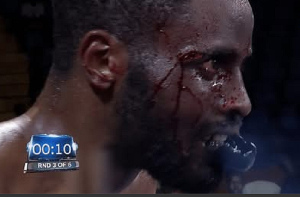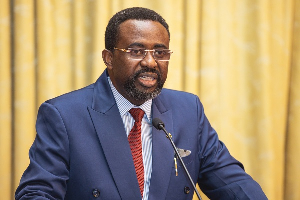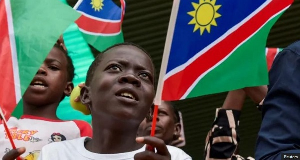The Deputy Youth Organizer of the National Democratic Congress (NDC), Mr Ludwig Hlodze has conceded that the party was hostile to the media during its reign of governance.
"The NDC has not done enough its relationship with the media, however, we have changed the trend towards a healthy one," he stressed. He underscored the need for a cordial relationship between the party and the media to build bridges towards national development.
Mr Hlodze said this when the Volta Regional branch of the Ghana Journalists Association (GJA) raised concerns about the hostile, suspicious and antagonistic attitude of the party hierarchy, faithfuls and functionaries towards the media at a reception for the media by the regional executives, here on Thursday.
He contended that the party's interaction with the media over the years had not been the best even though the media had been objective in its reportage in the interest of the nation.
Mr Hlodze noted with concern the behaviour of some regional and constituency executives, which had not augured well with their dealings with the media and asked them to put the past behind them and partner the media to move the nation forward.
The deputy national youth organizer urged the media to also portray fairness and civility in its reportage, devoid of acrimony before and during the party's congress to elect a flagbearer. On the refusal of airtime by the Ghana Broadcasting Corporation (GBC) for Professor John Atta Mills, Mr. Hlodze expressed dismay at the corporation's stance on political off season for parties and described the decision as "an afterthought".
He indicated that the party was not asking for free airtime but a paid one and pointed out that should the situation persist, political tension would be heightened and insisted that GBC was being manipulated.
Mr Hlodze appealed to the Media Commission to live up to expectation as an independent body and not allow self-seeking politicians to manipulate it. Mr Tim Dzamboe, regional chairman of the Ghana Journalist Association, advised journalists not to allow politicians to use them for their selfish interest to make the media vibrant in the new democratic dispensation.
He observed that the media index prevailing in the country should enable politicians to nurture the nation's young democracy into a matured one.
Mr Francis Kadiadze, regional manager of the Ghana News Agency, in his contribution advised the hierarchy of political parties to endeavour to liaise with the executives of the GJA to sensitize them on the operations of the media and influence these on their supporters rather than being antagonistic towards the media for no fault of theirs.
For his part, Captain (rtd) George Nfojoh, a journalist and a former District Chief Executive called for fair play on the media landscape devoid of blackmail and bias reportage.
General News of Tuesday, 24 September 2002
Source: Evening News
















